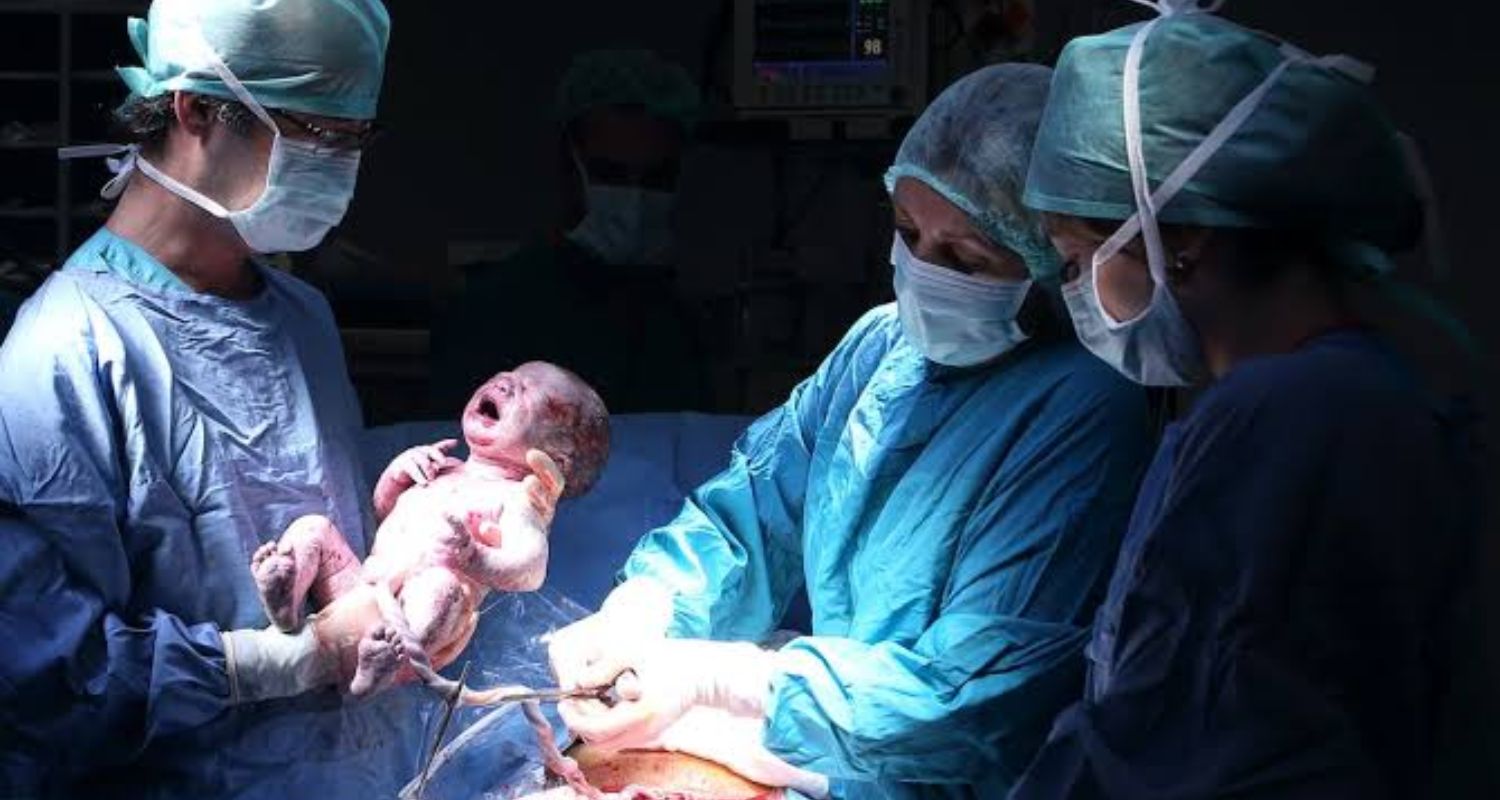In January 2024, as the nation prepared for the inauguration of the Ram Mandir in Ayodhya, a curious trend emerged in hospitals across India. Several expectant mothers lined up to deliver their babies on January 22, the same date as the consecration ceremony of the Ram temple.
They requested their doctors to time their childbirths so that their children would be born at this "auspicious" moment, aligning with the temple's grand event.
This practice is known as Mahurat Delivery, where parents select a specific time and date for their child's birth, often after consulting a priest or astrologer.

Mahurat deliveries are gaining momentum across India, and this rise in demand has prompted hospitals to accommodate these requests, especially for women opting for elective C-sections. But why are these requests for Mahurat deliveries increasing, and why are clinics now adding this service to their offerings?
What is Mahurat Delivery?
A senior consultant in obstetrics and gynaecology at Gleneagles BGS Hospital in Bengaluru, explains that Mahurat Delivery refers to the practice where parents choose a specific date and time, typically after consulting an astrologer or priest, to align with an "auspicious" moment.
While doctors ensure the gestational age is appropriate and there are no medical emergencies, they can time the delivery around the desired moment if medically feasible.
With the increasing popularity of elective C-sections, Mahurat deliveries have become more feasible. As many first-time mothers opt for planned C-sections, it makes sense to incorporate the belief in an auspicious birth time into the process, according to a senior consultant .
Also Read: Power of love in the fight against climate change
The rising demand
Traditionally, childbirth was not something that could be fully controlled. Due dates were simply rough estimates. However, with advances in medical science, many parents believe they can now influence their child's future by ensuring the birth occurs at an astrologically favorable time.
Dr. Manjula Anagani, the clinical director at CARE Hospitals in Hyderabad, acknowledges that the demand for Mahurat Deliveries has increased significantly.
"More people are opting for it because they believe that, in an uncertain world, they can influence the fate of their baby. However, this isn't always advisable," she says. At hospitals like Dr. Anagani's, Mahurat deliveries are only arranged when a C-section is already planned.

Though hospitals are adapting to this demand, there are still some restrictions. Many doctors refuse to accommodate requests for delivery times that may be difficult to handle, such as late-night slots, as it may not be safe for both the mother and the baby.
Dr. Anagani elaborates, "We prefer to schedule these deliveries in the morning or during the day, as services are more efficiently provided and the outcomes are better."
Rising C-Section Deliveries
In India, the trend of elective C-sections is growing. According to the National Family Health Survey (NFHS), the percentage of C-section deliveries rose from 17.2% in 2015-2016 to 21.5% in 2019-2021, with private hospitals being the main contributors to this rise. This increase makes Mahurat deliveries more feasible for parents who want control over the timing.
Also Read: Apple Cider Vinegar - Wellness scam that fooled the world
Risks Involved
Despite the apparent safety of planned C-sections, Mahurat deliveries can present some risks. Dr. Anagani warns that if parents insist on a Mahurat delivery when the baby isn't full-term (less than 37 weeks), it can result in neonatal complications, including the need for NICU care.
Additionally, if contractions begin naturally but parents insist on waiting for a specific date, it could lead to complications for both the baby and the mother. Some parents even request a C-section when a vaginal delivery would be safer, simply to meet the "auspicious" timing, increasing the risk of infections and complications.
Dr. Chandrashekar adds that if the timing is medically unsuitable, doctors will advise against it. However, as long as the baby is full-term and the delivery is safe, there are generally no major risks associated with a Mahurat delivery.
While Mahurat deliveries are becoming increasingly popular, the focus should always be on the health and well-being of both the mother and the baby.
As Dr. Anagani suggests, "Good health and proper medical care play a far bigger role in a child’s future than the exact moment of birth."
The belief in an auspicious time may be deeply ingrained in culture, but parents should prioritize medical safety and avoid unnecessary risks to ensure a safe delivery for both mother and child.
Also Read: Brain can miraculously block pain



